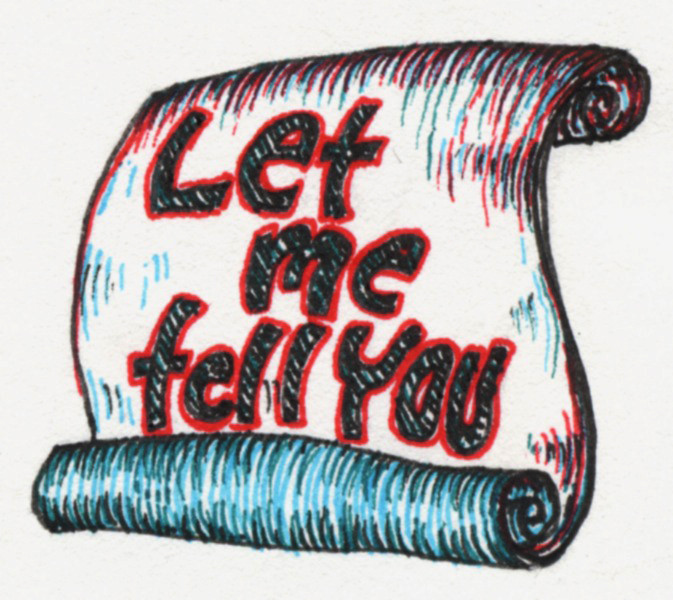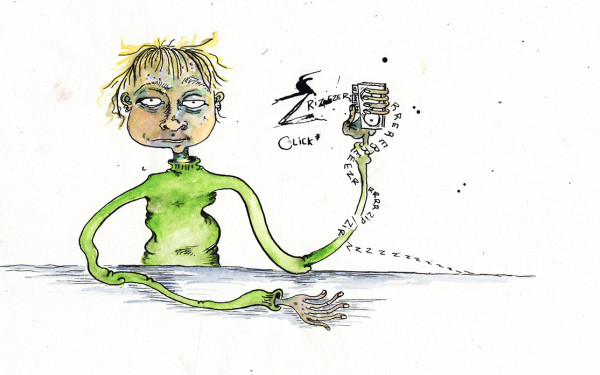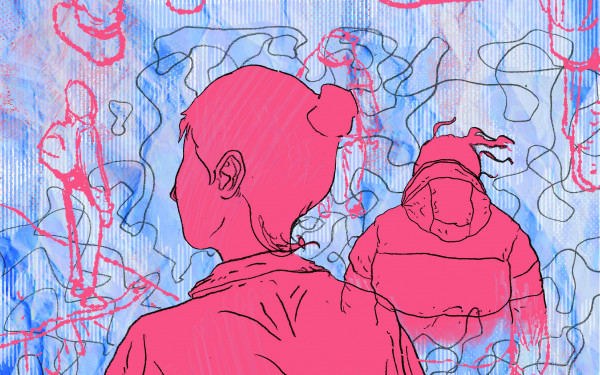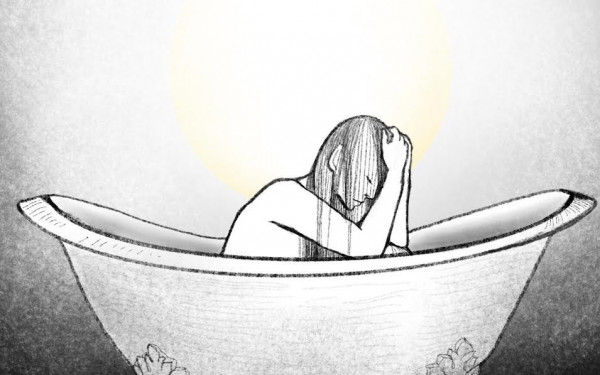Letter: A Response to the Mental Health Special Issue
As a student living with a mental condition, I wanted to share my views pertaining to your recent special issue on mental health (Volume 37, Issue 14)—most specifically the concept of neurodiversity, promoted on page nine.
Neurodiversity: “All brains and minds are unique, and there’s no ‘right’ or ‘wrong’ type of neurocognition.”
It’s a progressive concept, in theory. Accepting diversity in other dimensions of identity has done much to remove societal stigmas while improving the quality of life of those traditionally deemed different. Under this framework of neurodiversity, psychiatric disabilities are not “disorders”—they are rebranded as neurodivergencies. Not right, not wrong, just different. Why cure a spectrum of mental states, brain chemistry and brain architecture?
It’s not that simple. I struggle with type 1 bipolar affective disorder and epilepsy, and neurodiversity does not resonate with me. My conditions are not merely quirks to my personality; independent of stigmatisation, they are true sources of torment. Hypomania, depression, and a seizure requiring two days in the ER have made it impossible for me to complete this fall semester.
A manic psychotic episode once led me to becoming Maitreya, successor of Buddha, responsible for safeguarding the universe from complete annihilation. I amassed followers in a cult-like fashion, spending weeks awake furiously writing manifestos and theorems—none having any artistic or scientific merit upon sober reflection. Luckily, I had friends who benevolently tricked me into going to the hospital for intervention.
Without so-called “traditional” medical standards and medication, I would’ve remained manic indefinitely. Such a state of mind could only be beneficial if job opportunities for shamans and prophets still existed (a cursory glance at Kijiji confirms this).
So what was the point of telling you all this? Bipolar and epilepsy are certainly different from the norm, I concede that. But they are certainly disorders. They are not right. They are not okay. Not merely neurodivergent, but worthy of curing and ridding. We can be compassionate of those with mental illness while at the same time recognizing that there is often pain and distress involved. Pain and distress that medical science can alleviate and will eventually cure.
—Tyler Feeney







